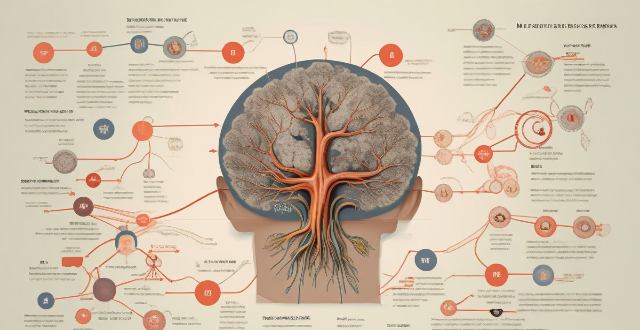File Normal

How often do I need to file my personal income tax return ?
Filing personal income tax returns is a crucial financial responsibility for individuals. The frequency of filing depends on various factors such as your residency, employment status, and income level. In this article, we will discuss the different scenarios that determine how often you need to file your personal income tax return. Personal income tax returns are filed annually in most countries. However, there are certain situations where you may need to file more frequently or less frequently. Your residency status plays a significant role in determining how often you need to file your personal income tax return. If you are a resident of a country, you are required to file your tax return annually, regardless of your employment status or income level. If you are employed and receive a regular salary, your employer is responsible for withholding taxes from your paycheck and remitting them to the government. In this case, you are still required to file your personal income tax return annually to report your total income and ensure that the correct amount of taxes has been withheld. The frequency of filing your personal income tax return also depends on your income level. If you have a low income and do not exceed the minimum threshold set by the government, you may not be required to file a tax return. However, it is always advisable to check with the tax authorities to confirm if you are exempt from filing. Self-employed individuals who earn an income from their business activities are required to file their personal income tax return annually. This is because self-employed individuals are responsible for paying their own taxes and reporting their income to the government. Freelance workers who earn an income from providing services to clients are also required to file their personal income tax return annually. This ensures that they report their earnings accurately and pay the appropriate taxes. If you own rental properties and earn rental income, you are required to file your personal income tax return annually. This is because rental income is considered part of your overall income and must be reported to the government. Retirees who receive pensions or other forms of retirement income are generally required to file their personal income tax return annually. However, if their income falls below the minimum threshold set by the government, they may be exempt from filing. In conclusion, the frequency of filing your personal income tax return depends on various factors such as your residency status, employment status, and income level. It is important to understand these factors and consult with the tax authorities to ensure that you comply with the requirements for filing your tax return. By doing so, you can avoid penalties and ensure that you pay the correct amount of taxes.

Is it normal to experience anxiety before an exam ?
Is it normal to experience anxiety before an exam? Yes, it is absolutely normal to experience anxiety before an exam. In fact, it's a common reaction that many students face. This feeling of unease or nervousness is often referred to as "test anxiety" or "exam stress." Let's delve into this topic further: Understanding Exam Anxiety Exam anxiety can manifest in various ways, such as physical symptoms like sweating, trembling hands, or a racing heartbeat. Mental symptoms like difficulty concentrating or thinking negatively about the exam are also common. Emotional symptoms like feeling overwhelmed or fearful may also occur. Why Does It Happen? Several factors can contribute to exam anxiety, including performance pressure, lack of preparation, past experiences, and perfectionism. Coping with Exam Anxiety There are several strategies to manage exam anxiety effectively, such as adequate preparation, relaxation techniques, positive self-talk, time management, and maintaining a healthy lifestyle. Seeking Support If your anxiety is severe or persistent, consider seeking support from tutoring, study groups, or professional help. Final Thoughts Remember, it's okay to feel anxious before an exam. Acknowledge your feelings without judgment and utilize the strategies mentioned above to manage your anxiety. With preparation and the right mindset, you can approach your exams with confidence and competence.

How can I distinguish between normal nervousness and excessive test anxiety ?
Normal nervousness is a natural response to stress, while excessive test anxiety can have negative effects on performance and well-being. Signs of excess test anxiety include excessive worry, avoidance behavior, physical symptoms, negative self-talk, and behavioral changes. Seeking help from a trusted source can provide guidance and support to manage anxiety and improve performance.

How do I use AirDrop to share files between Apple devices ?
AirDrop allows sharing files between Apple devices. To use it, turn on Wi-Fi and Bluetooth, open the Control Center, turn on AirDrop, share the file, accept the transfer, and save the file.